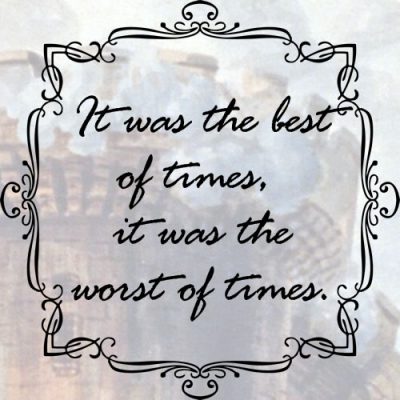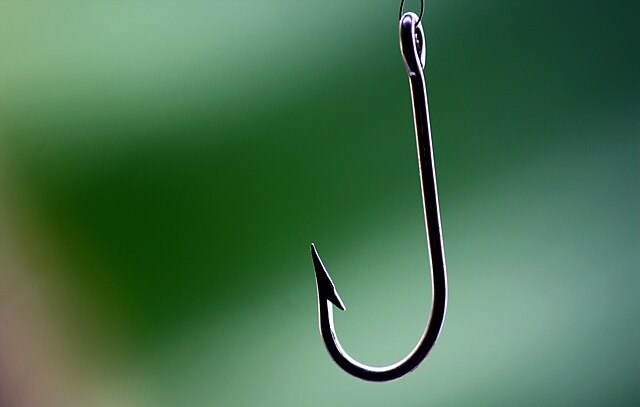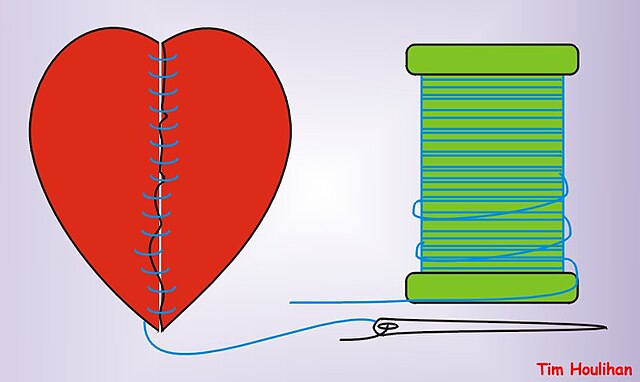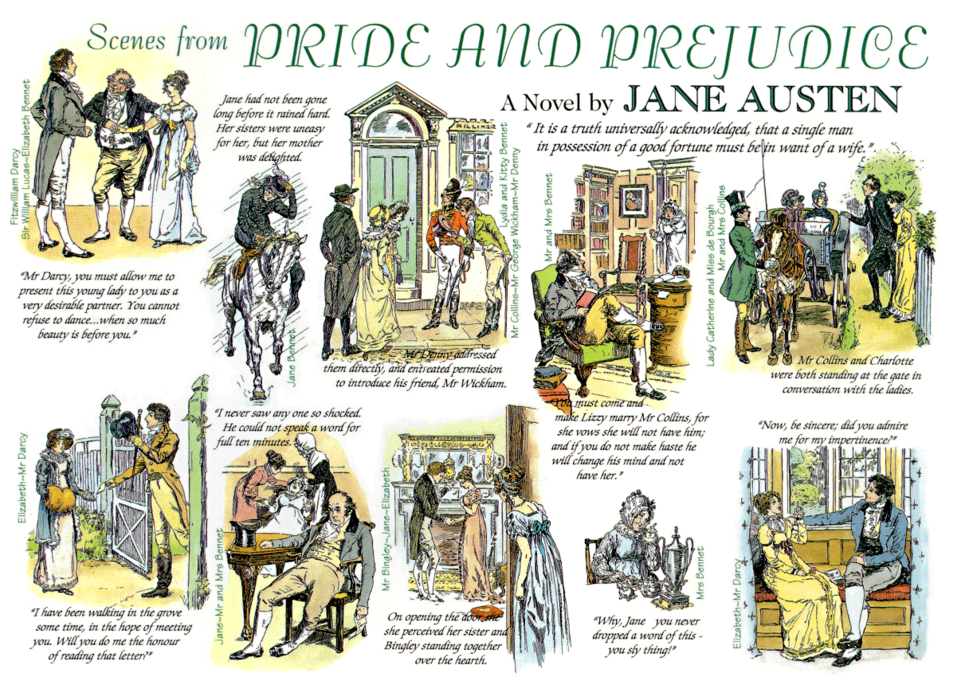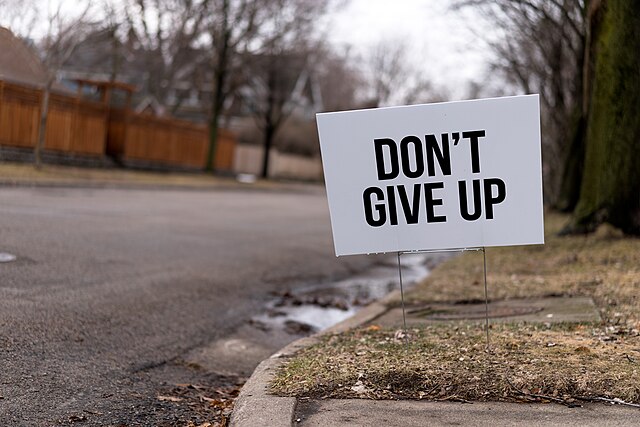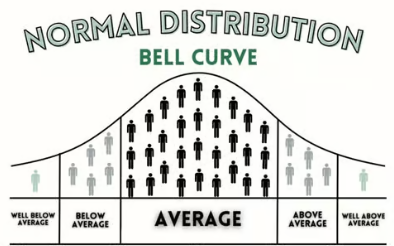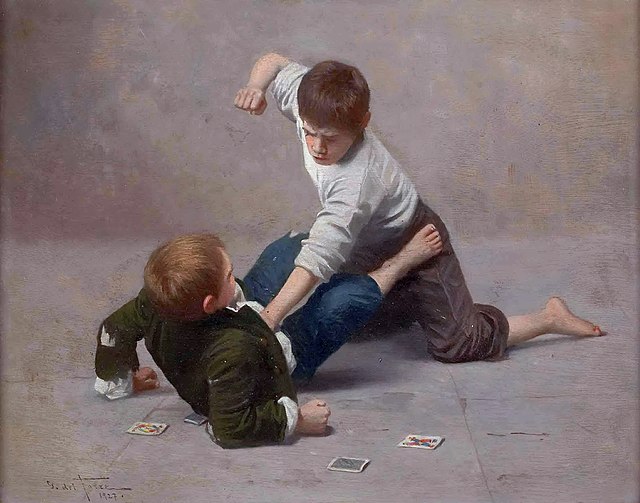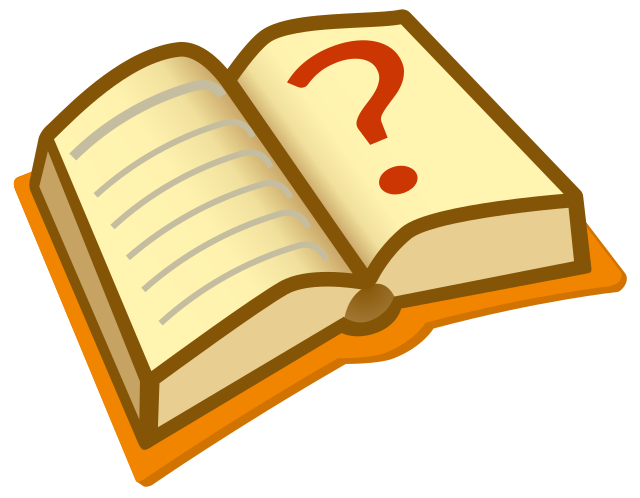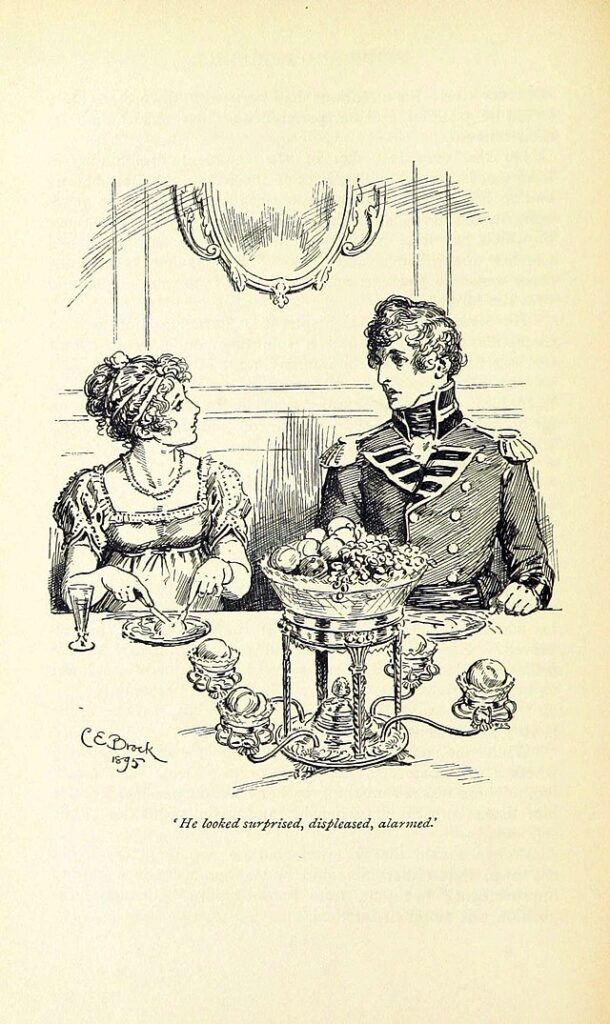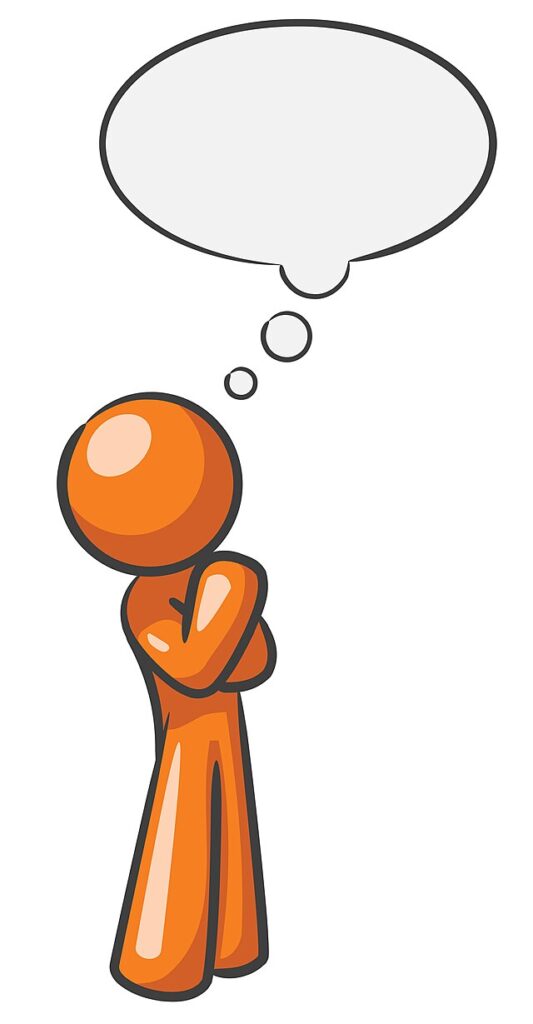Experimenting

Be Brave
I’ve been writing seriously for years. The more I wrote (and read the work of other authors), the more I experimented with different genres, voice, style and structures. I realised I had nothing to lose by going down experimental rabbit holes, except time and effort. But hey, writing is a craft, right? And a craft has to be worked at! Besides, it’s hardly a chore when it’s your passion.
How? What? Why?
Read widely in the genre you fancy having a go at. Analyse the pace, tone, plot structure etc. What works? What doesn’t?
Choose what aspect of your writing style you’ll experiment with – this could be at prose-level e.g. being more economical with language, or a big picture structural change, such as attempting different timelines or multiple perspectives. Which person and tense will you write in? Perhaps you could re-write a section of your story in each option (usually first or third person and past or present tense) and consider which has the most impact and why.
The reason for experimentation is obvious…YOU MIGHT MAKE YOUR WRITING BETTER!
Don’t Be Afraid To Fail
Of course, not every experiment will work. Don’t beat yourself up about this. It’s like scientists when they start from the null hypothesis – the idea that there IS no meaningful relationship between variables. They attempt to determine if they can reject the null hypothesis, not prove the experimental hypothesis (at least this is what I remember from my psychology studies a loooong time ago! If there are any scientists reading, please feel free to correct me!).
In authorial terms, we could create a null hypothesis for our writing experiment, e.g. There will be no effect of changing from third person narrative to first person narrative. Now, of course, measuring the ‘effect’ of writing is not scientific (I suppose we could survey readers?), but for the purposes of illustration, there are three possible outcomes from this experiment:
- We prove the null hypothesis – there’s no difference in the effect created by first or third person.
- We determine that first person is, in fact, more effective than third (e.g. because it allows us inside the character’s mind more directly).
- We discover that third person was more effective after all (e.g. because it can allow us to see and know what the character can’t).
Either way, you’ve proven or eliminated possibilities.
A Touch of Reality
Experimenting can be exciting and it can be rewarding, but I’ve learned that such writing can be a risk when it comes to getting published for the first time. But if you’ve got an idea and a voice that just won’t let go, I say go for it! You never know where it will lead.
Experience
I’ve probably mentioned before that I finally secured a literary agent with a book which is very experimental. This is in terms of both style and structure – it was the first time I’d used an economical style; I used repetition of phrases throughout in an attempt to make a lasting impact; I included ten (yes, ten!) working-class (shocking!) characters’ perspectives which rotate throughout the story; and I wrote about a difficult, hard-hitting subject that I have personal experience of, in real, raw, gritty, authentic detail. The book may be viewed as transgressive. Publishers may be put off by the ‘taboo’ nature of some of the content. But do you know what? This is the story I wish I could have read when I faced a difficult time in my life. I couldn’t find it, so I wrote it. And boy was it liberating and cathartic!
Final Thoughts
Do you experiment? How?
What have been your successes? What have you tried which hasn’t worked?
I think that my most successful short stories (the ones I get the best reader response from) are the ones written in ‘risky’ second person. Have you ever taken a risk with your writing and did it pay off?
Structuring Scenes
How to craft scenes with purpose
I watched another excellent webinar recently. The content was helpful as both a planning tool and as an editing tool. Scene structure mimics story structure, but on a…
On The Honest Authors’ podcast, Gillian McAllister once mentioned that she was asked, “Do you really think that?” about something controversial she’d written in one of her novels….


